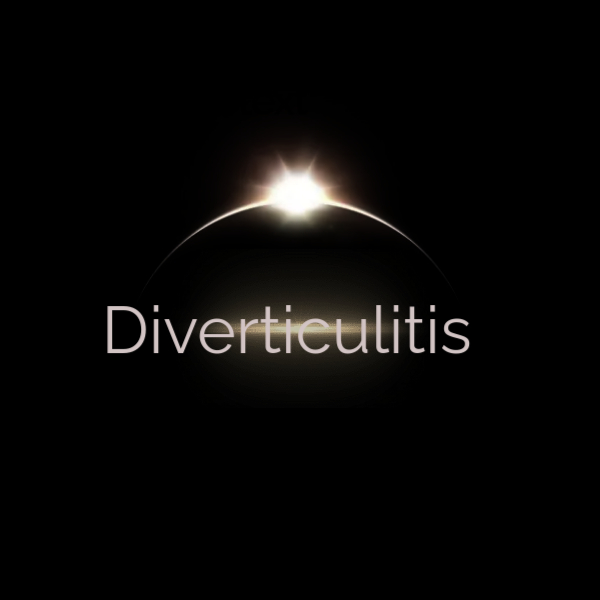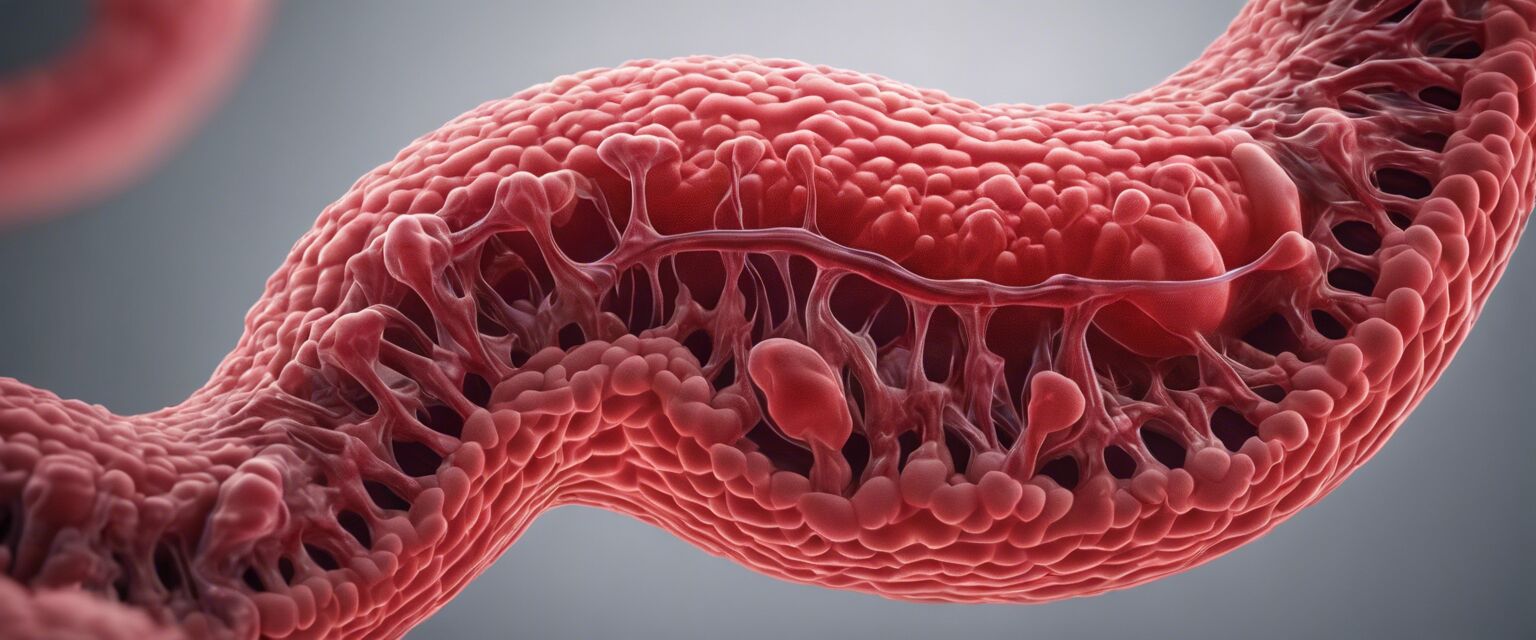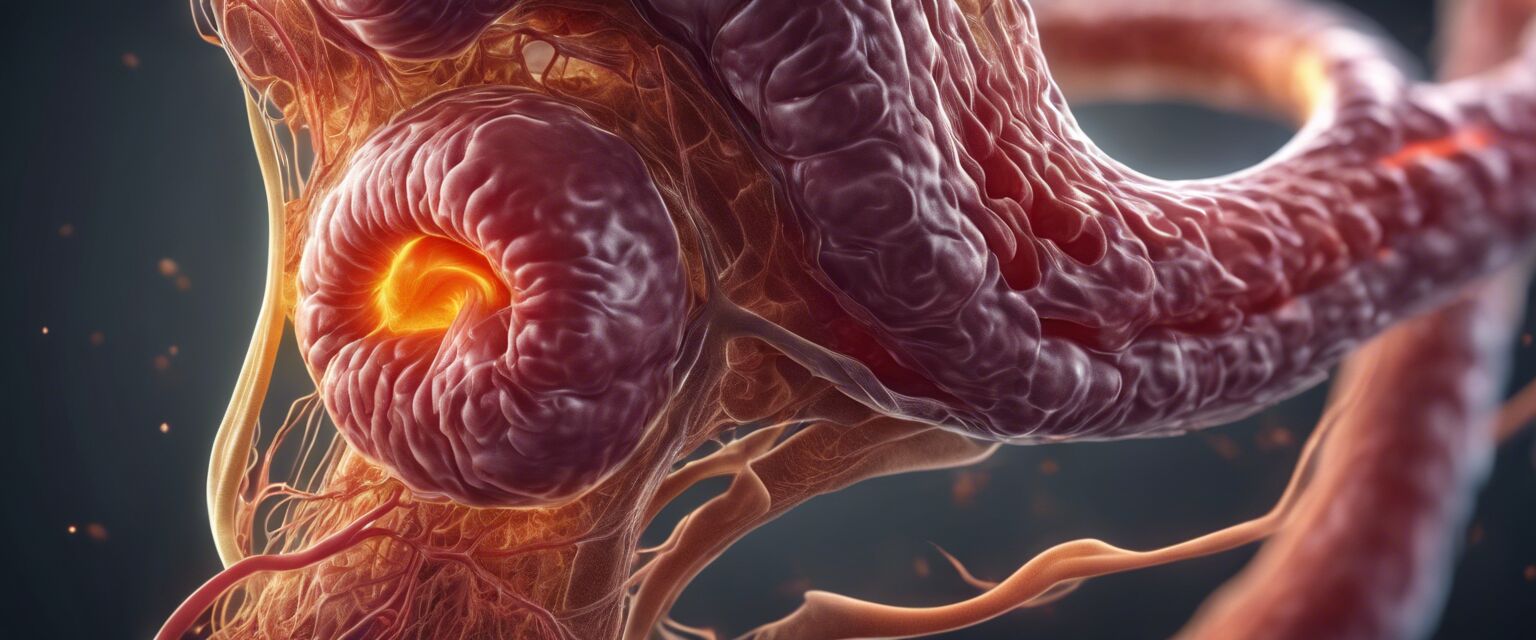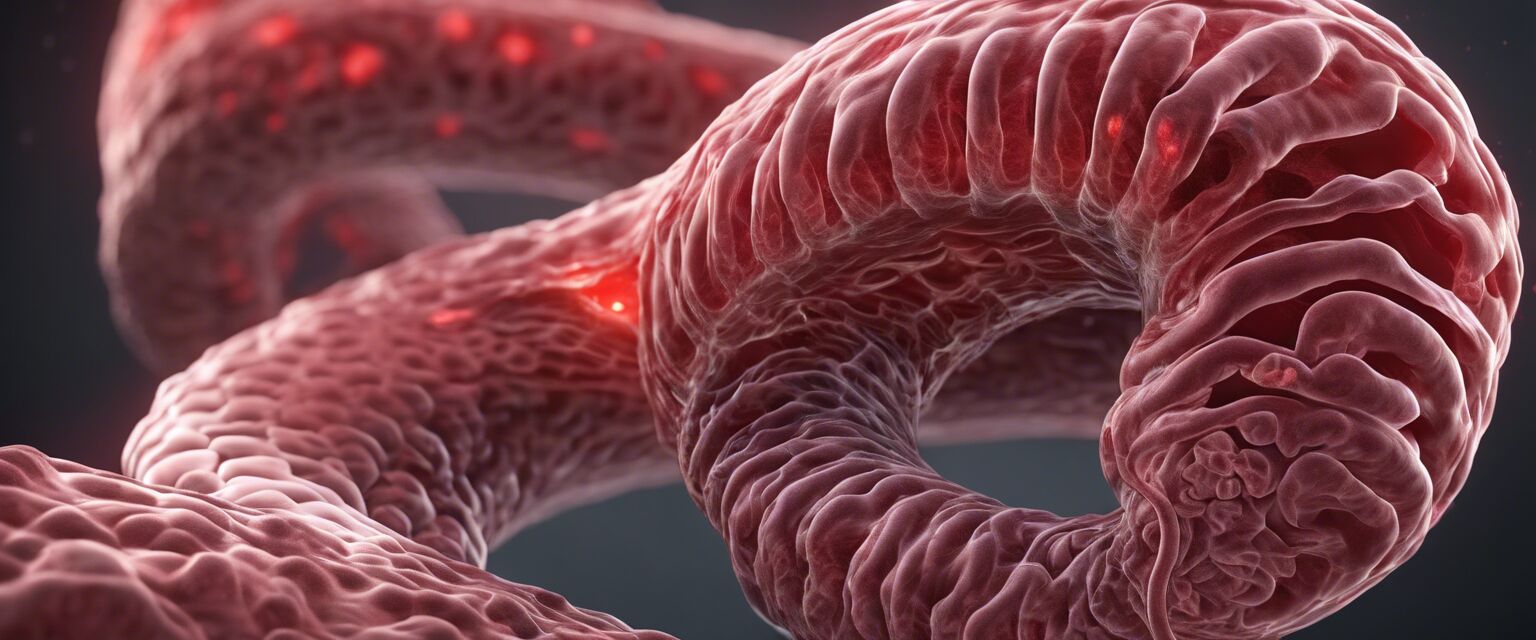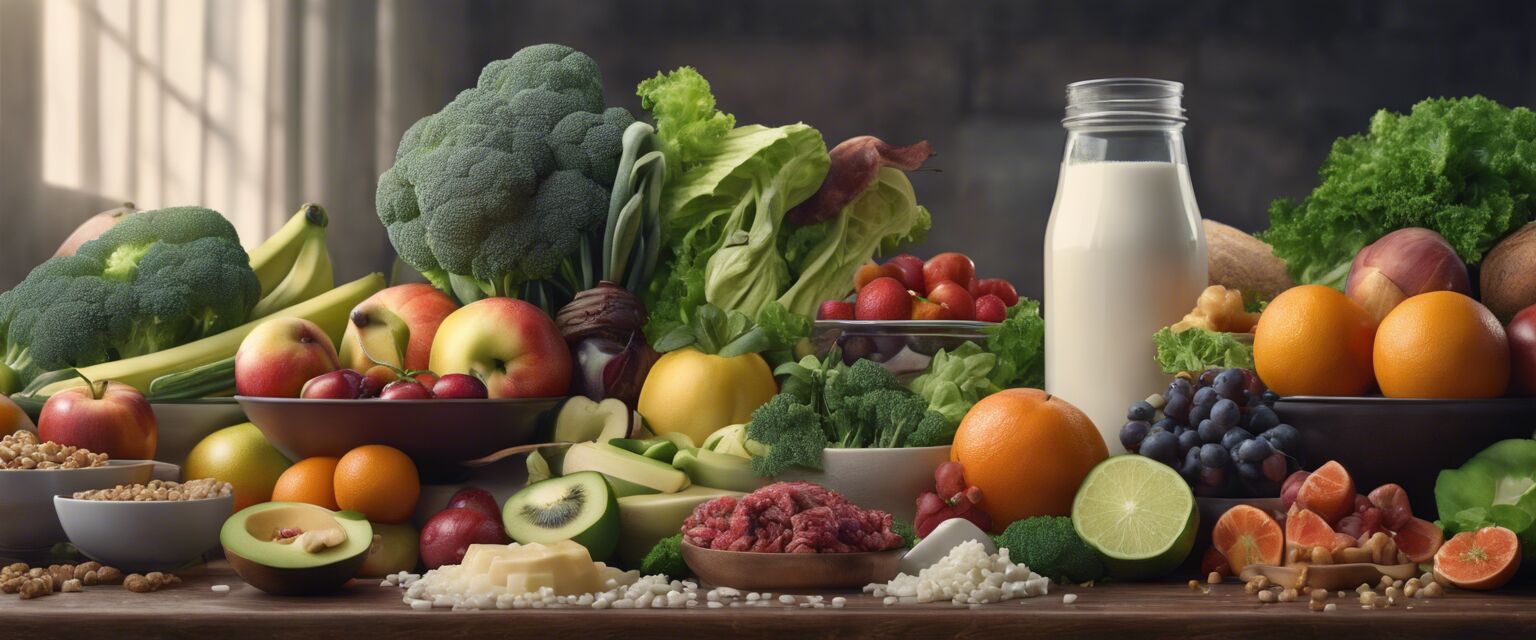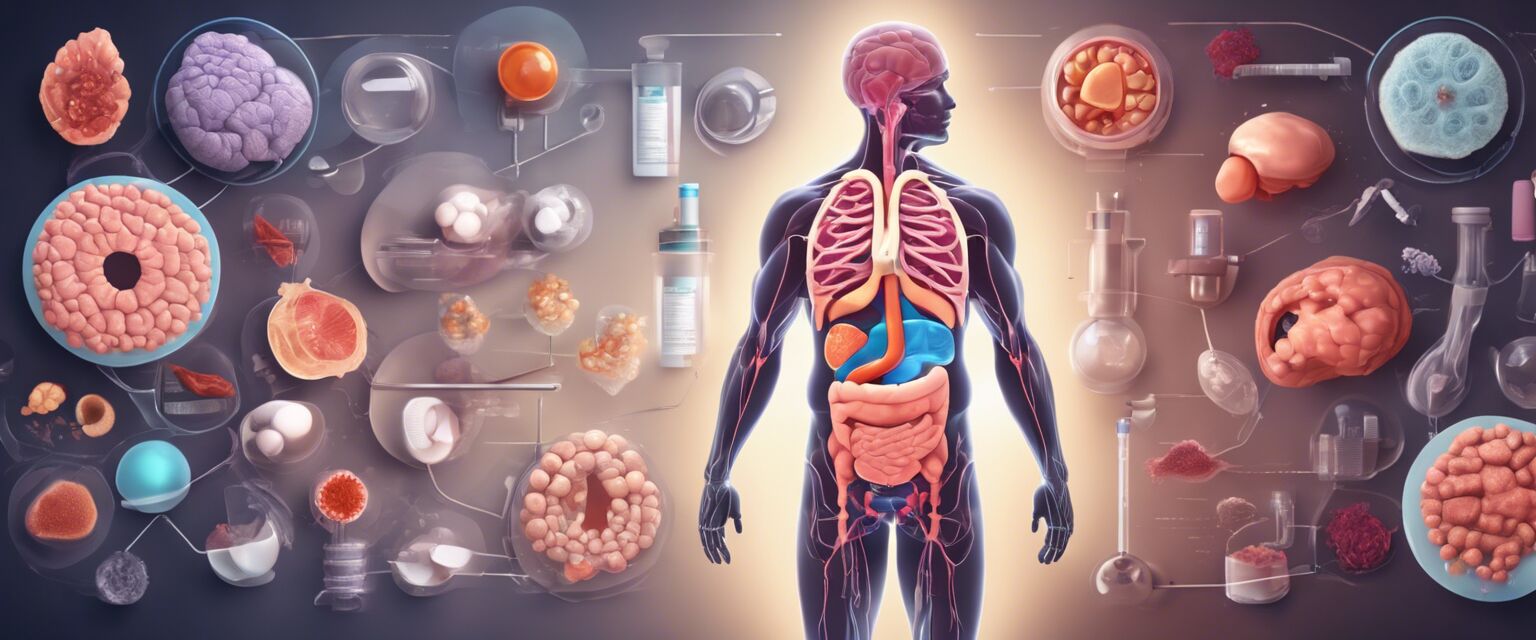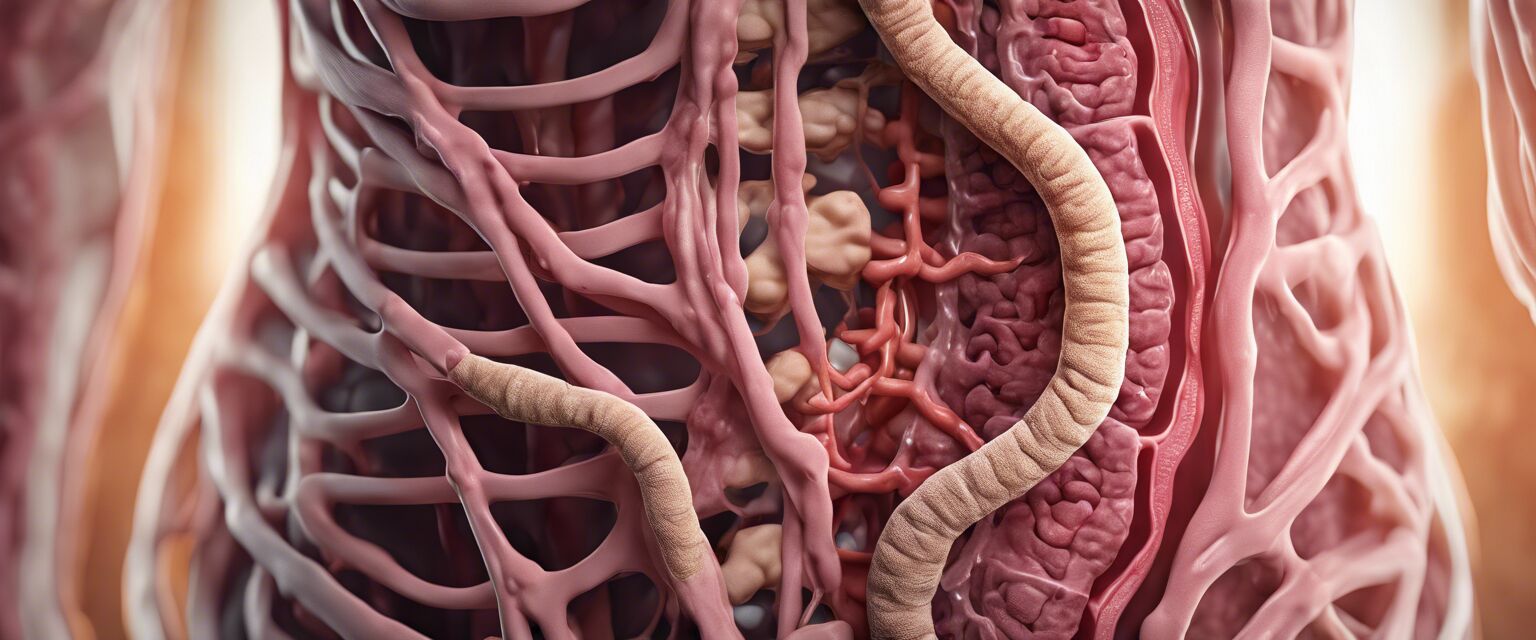
Prevention and Management of Diverticulitis: Tips and Strategies
Diverticulitis is a painful and potentially serious condition that affects millions of people worldwide. While there is no surefire way to completely eliminate the risk of developing diverticulitis, there are several steps you can take to reduce your chances and manage the condition if you already have it.
Key Takeaways:
- A high-fiber diet can help prevent diverticulitis
- Staying hydrated is essential for digestive health
- Managing stress through relaxation techniques can reduce symptoms
- Avoiding certain foods and substances can help alleviate symptoms
Dietary Changes for Prevention and Management
A diet rich in fiber can help prevent diverticulitis by promoting regular bowel movements and reducing pressure on the digestive system. Foods high in fiber include:
| Foods | Fiber Content (per serving) |
|---|---|
| Fresh fruits (e.g. apples, bananas) | 2-4 grams |
| Leafy greens (e.g. spinach, kale) | 2-5 grams |
| Legumes (e.g. beans, lentils) | 5-10 grams |
| Whole grains (e.g. brown rice, quinoa) | 3-5 grams |
In addition to a high-fiber diet, staying hydrated is essential for digestive health. Aim to drink at least eight glasses of water per day.

For more information on digestive health supplements, check out our Digestive Health Supplements page.
Stress Management Techniques
Stress can exacerbate diverticulitis symptoms, so finding ways to manage stress is crucial. Some effective stress management techniques include:
- Deep breathing exercises
- Yoga and meditation
- Progressive muscle relaxation
- Journaling and writing
For more information on stress management tools, check out our Stress Management Tools page.
Foods and Substances to Avoid
Certain foods and substances can irritate the digestive system and exacerbate diverticulitis symptoms. These include:
| Foods and Substances | Why to Avoid |
|---|---|
| Spicy or fatty foods | Can irritate the digestive system |
| High-FODMAP foods | Can cause bloating and discomfort |
| Processed meats | Can be high in preservatives and irritants |
| Carbonated drinks | Can cause discomfort and bloating |
For more information on specialized diet plans, check out our Specialized Diet Plans page.
Lifestyle Changes for Prevention and Management
In addition to dietary changes and stress management, there are several lifestyle changes you can make to help prevent and manage diverticulitis. These include:
- Getting regular exercise
- Maintaining a healthy weight
- Avoiding smoking and nicotine products
- Getting enough sleep

For more information on comfortable clothing for exercise, check out our Comfortable Clothing page.
Pros of Prevention and Management
- Reduced risk of diverticulitis
- Improved digestive health
- Reduced symptoms and discomfort
- Improved overall health and wellbeing
Cons of Not Taking Action
- Increased risk of diverticulitis
- Worsening symptoms and discomfort
- Increased risk of complications
- Decreased quality of life

For more information on educational resources, check out our Educational Resources page.
Conclusion
Preventing and managing diverticulitis requires a combination of dietary changes, stress management, and lifestyle changes. By making these changes, you can reduce your risk of developing diverticulitis and alleviate symptoms if you already have the condition.
